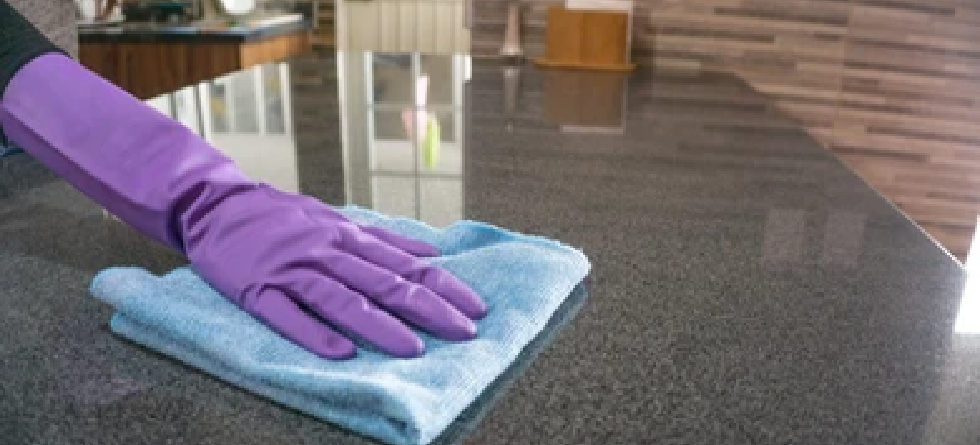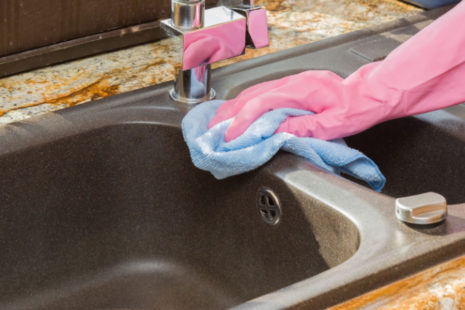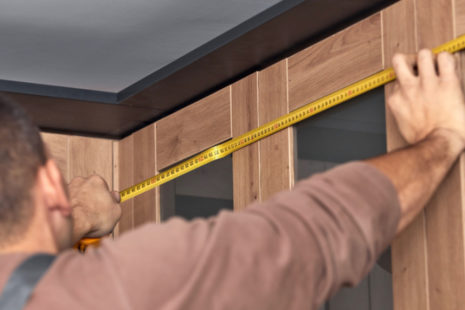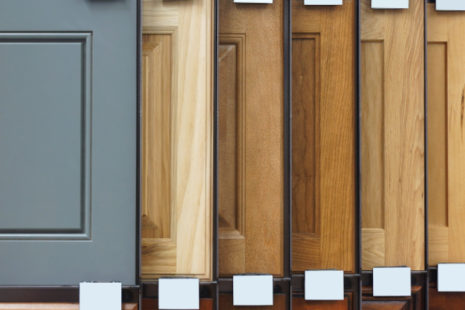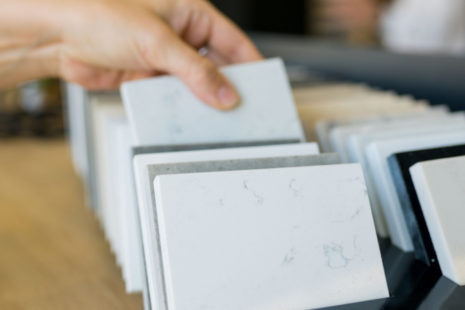Quartz countertops have become a favorite among homeowners for their beauty, durability, and low maintenance. However, concerns about indoor air quality and the potential emission of harmful substances from building materials have led some to question whether quartz countertops might give off radon, a radioactive gas. This article explores the relationship between quartz countertops and radon emissions, providing a clear understanding based on current scientific knowledge.
Understanding Radon and Its Sources
Radon is a naturally occurring radioactive gas that is produced by the decay of uranium in soil, rock, and water. It is colorless, odorless, and tasteless, making it difficult to detect without specialized equipment. Radon can enter homes through cracks in the foundation, gaps around pipes, and other openings. Long-term exposure to high levels of radon is known to increase the risk of lung cancer, making it a significant concern for indoor air quality.
What Are Quartz Countertops?
Quartz countertops are engineered stone products made from a combination of natural quartz crystals, resins, and pigments. The manufacturing process involves mixing approximately 90-95% ground quartz with 5-10% resins and other materials to create a hard, durable surface. Unlike natural stone countertops, such as granite or marble, quartz countertops are non-porous and do not require sealing.
Quartz Countertops and Radon Emissions
The concern about radon emissions from building materials primarily arises with natural stones like granite, which can contain trace amounts of uranium. When uranium decays, it produces radon gas, which can then be released into the air. However, the potential for radon emission from quartz countertops is significantly different for several reasons:
- Composition and Manufacturing Process:
- Natural Quartz Content: Quartz countertops are predominantly composed of natural quartz, a mineral that is not a significant source of uranium and, consequently, radon.
- Resins and Pigments: The resins and pigments used in the manufacturing of quartz countertops do not contain radioactive materials and do not contribute to radon emissions.
- Scientific Studies and Evidence:
- Studies on quartz countertops have shown that they do not emit radon gas at levels that pose any health risk. The engineered nature of quartz countertops, combined with the materials used, makes them an unlikely source of radon.
- Regulatory Standards and Testing:
- Quartz countertop manufacturers adhere to strict quality and safety standards, ensuring that their products are safe for indoor use. Independent testing has consistently demonstrated that quartz countertops do not emit radon at harmful levels.
Comparison with Other Countertop Materials
To provide a comprehensive understanding, it’s helpful to compare quartz countertops with other commonly used materials in terms of radon emissions:
- Granite: As a natural stone, granite can contain trace amounts of uranium, leading to potential radon emissions. However, the levels are generally low and not considered harmful in most cases. Regular testing and proper ventilation can mitigate any concerns.
- Marble and Other Natural Stones: Similar to granite, other natural stones may contain small amounts of radioactive elements. The risk of radon emissions is usually minimal but can vary based on the specific type of stone and its origin.
- Solid Surface and Laminate: These materials are manufactured using synthetic components and do not emit radon. They are considered safe in terms of indoor air quality.
- Concrete: Concrete countertops can contain natural aggregates that may have trace amounts of uranium. However, the risk of radon emissions is generally low.
Ensuring Indoor Air Quality
While quartz countertops are not a significant source of radon, homeowners should still be proactive about ensuring good indoor air quality. Here are some steps to consider:
- Test for Radon: The only way to know if your home has elevated radon levels is to test for it. Radon test kits are readily available and easy to use. If high levels are detected, radon mitigation systems can be installed to reduce indoor radon levels.
- Maintain Proper Ventilation: Good ventilation helps to disperse radon gas and reduce its concentration indoors. Ensure that your home is well-ventilated, particularly in areas where radon may accumulate, such as basements and crawl spaces.
- Regular Maintenance and Inspections: Regularly inspect and maintain your home’s foundation, plumbing, and other potential entry points for radon. Sealing cracks and gaps can help prevent radon from entering your home.
Conclusion
Quartz countertops are a safe and stylish choice for kitchens and bathrooms, offering the benefits of durability, low maintenance, and aesthetic appeal without the concern of radon emissions. The engineered nature of quartz, combined with rigorous manufacturing standards, ensures that these countertops do not pose a radon risk. By understanding the sources of radon and taking proactive steps to ensure indoor air quality, homeowners can enjoy the beauty and functionality of quartz countertops with peace of mind.
